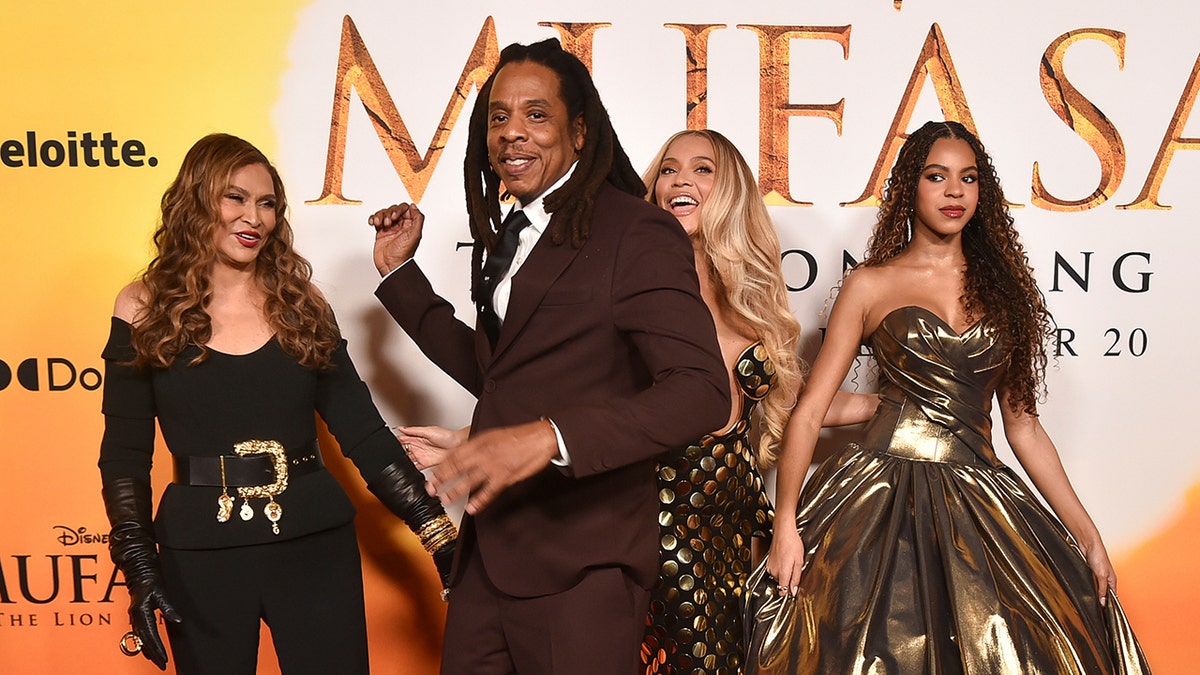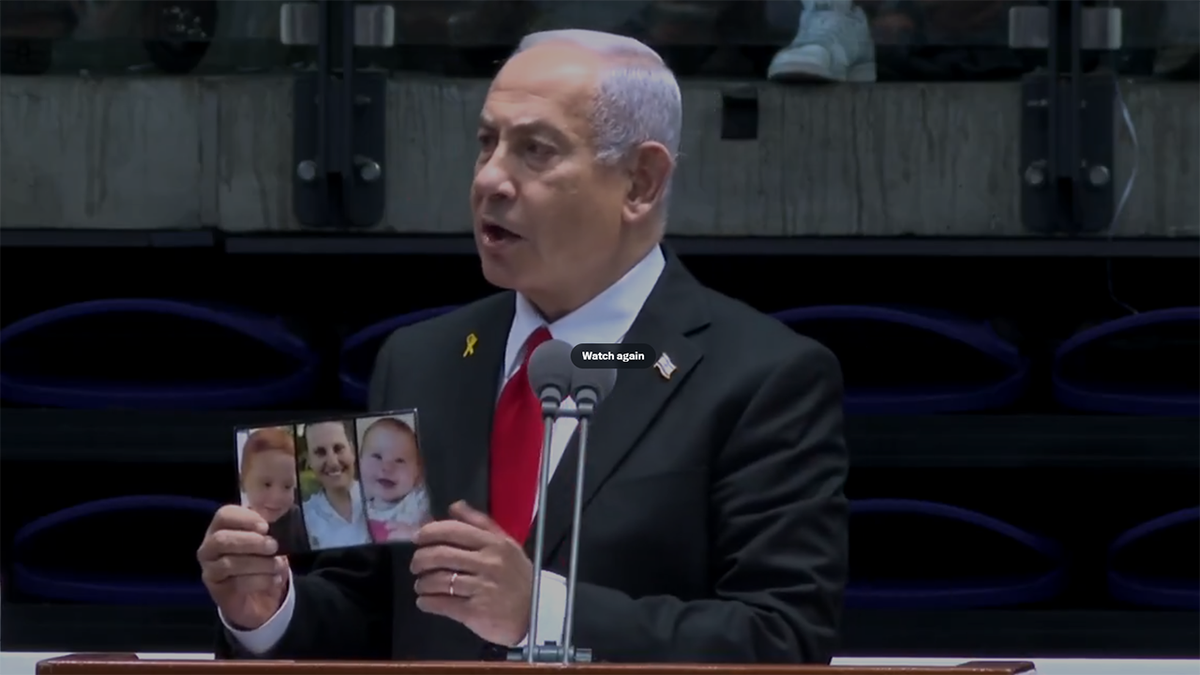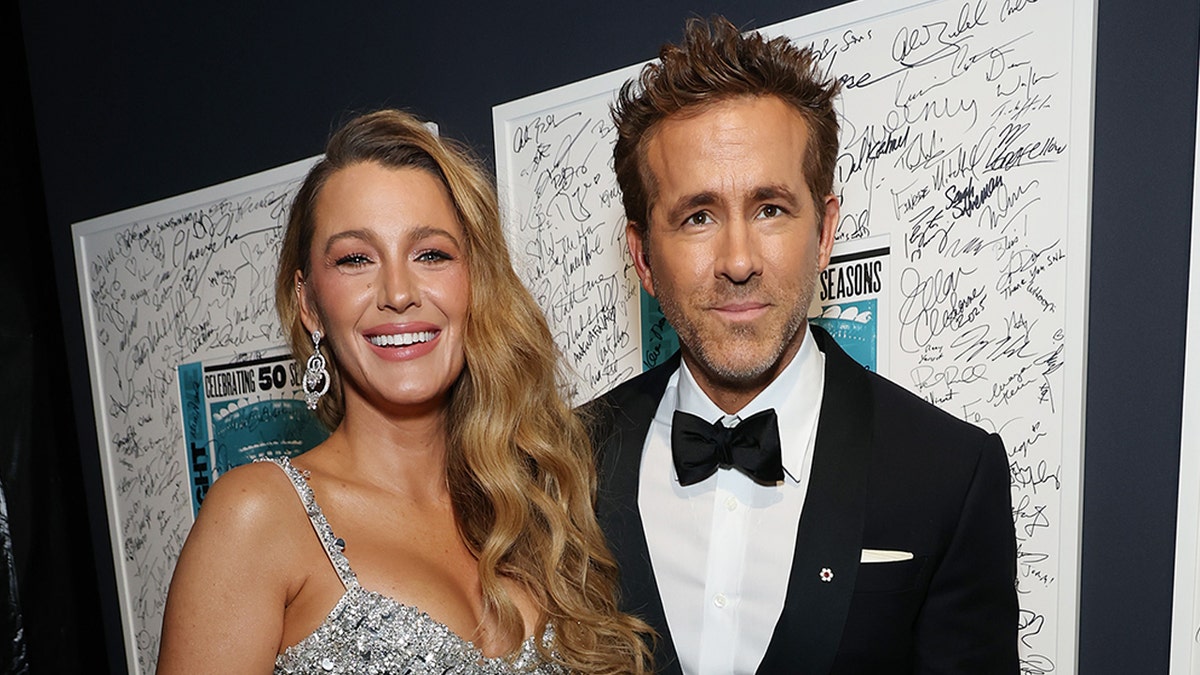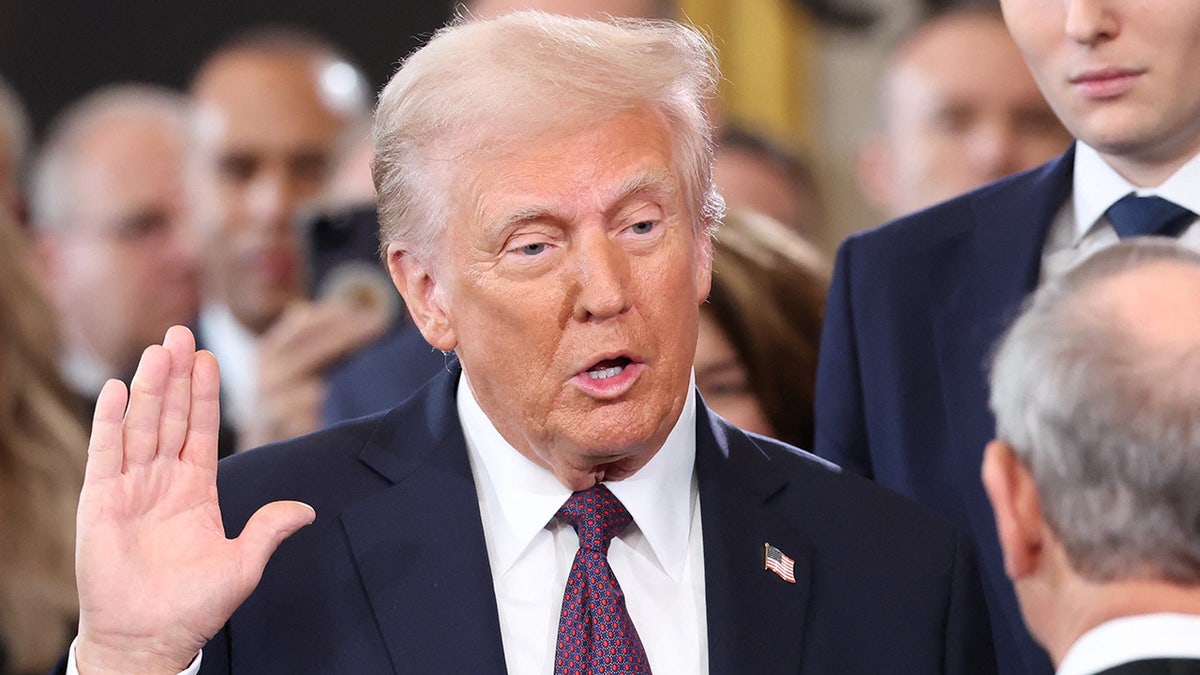Former congresswoman and military veteran Tulsi Gabbard navigated a challenging confirmation hearing before the Senate Intelligence Committee for the role of Director of National Intelligence. The hearing, which extended for several hours, saw Gabbard address concerns about her qualifications, past statements on national security, and her relationship with former President Donald Trump, who nominated her for the position.
Going into the hearing, reports indicated Gabbard lacked the majority support within the committee needed to advance her nomination to the full Senate. A Gabbard spokesperson dismissed these concerns, attributing them to attempts to "smear" the president's nominees. The spokesperson emphasized Gabbard's qualifications and expressed anticipation for the hearing.
Denying Allegations of Being a 'Puppet'

Gabbard began her testimony by preemptively addressing anticipated criticisms, including accusations of being a "puppet" for various figures, including Trump and Russian President Vladimir Putin. She asserted her loyalty to the United States and emphasized her commitment to the Constitution, rejecting the notion of serving any other master. Gabbard compared these attacks to those leveled against Trump during his presidency.
The Snowden Question

Senators repeatedly questioned Gabbard about her views on Edward Snowden, the NSA whistleblower. While acknowledging that Snowden broke the law, Gabbard reiterated her commitment to preventing future leaks. She defended her past praise of Snowden, emphasizing his role in exposing what she considered unconstitutional government surveillance programs. Gabbard’s previous comments on Snowden, including calling him a "brave whistleblower," were scrutinized by senators, particularly given Snowden's asylum in Russia.

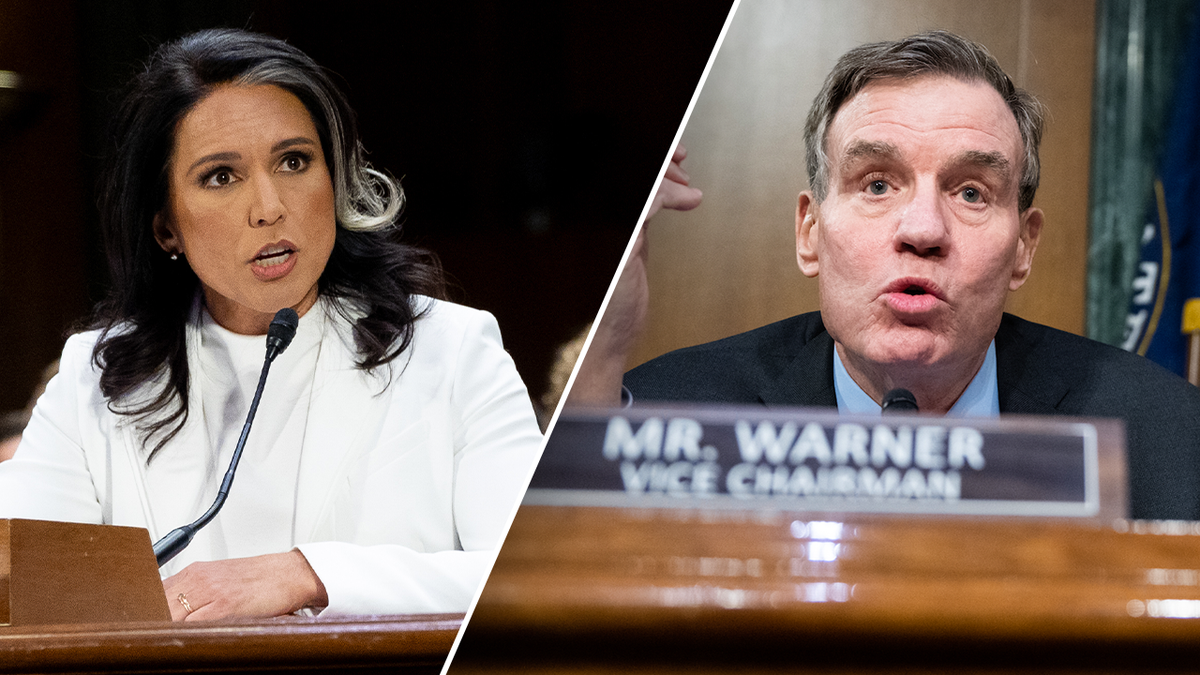
9/11 and Intelligence 'Stovepiping'

Gabbard asserted that the 9/11 attacks could likely have been prevented if not for intelligence "stovepiping," the practice of restricting information flow within government agencies. She highlighted the lack of communication between the FBI and CIA as a contributing factor to the intelligence failure. Senators questioned whether Gabbard's proposed streamlining of the DNI's office could exacerbate this issue, but she expressed confidence in her ability to address these concerns.
Meeting with Assad

Gabbard defended her controversial 2017 meeting with Syrian President Bashar al-Assad, explaining that she briefed congressional leaders upon her return. She expressed surprise at the lack of interest from the intelligence community at the time. Gabbard stated that she raised concerns about Assad’s human rights record during the meeting, but acknowledged she did not secure any concessions. She maintained that direct engagement with adversaries, even controversial figures, is beneficial for leaders.
Streamlining the DNI's Office
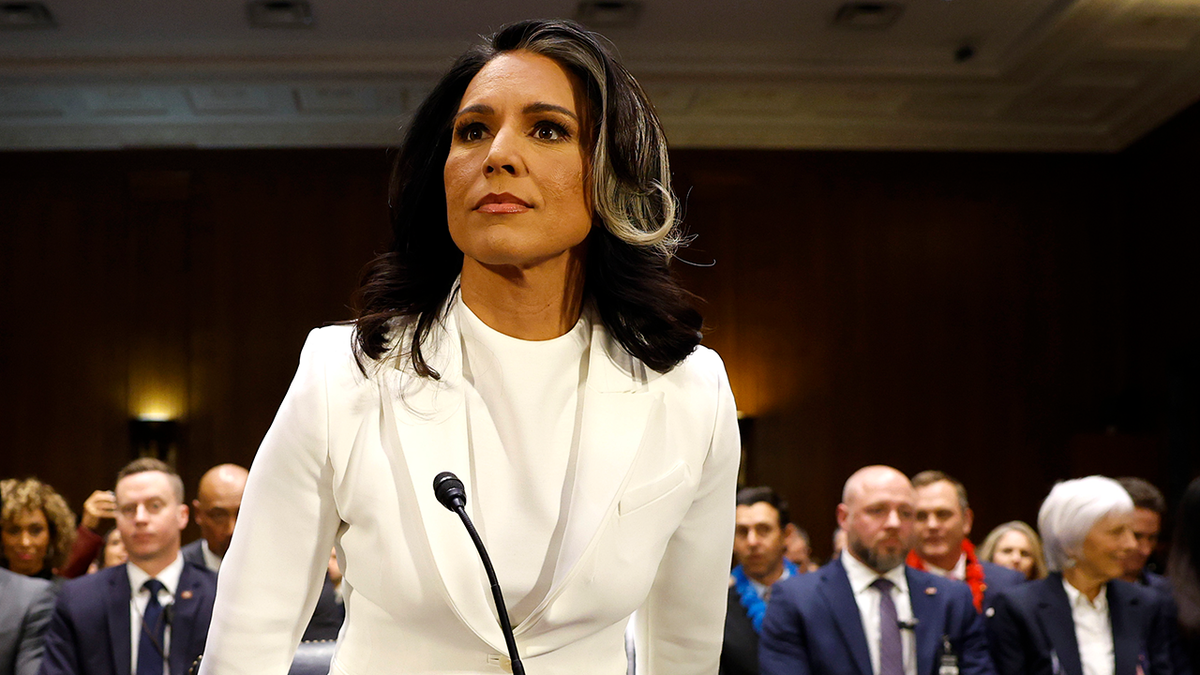
Gabbard pledged to eliminate redundancies within the DNI's office to improve efficiency and prevent future intelligence failures. She cited several instances, including the Hamas attack and the rise of extremist groups in Syria, as examples of past intelligence shortcomings. She committed to working with the committee to restore the office to its original size and function, focusing on core national security missions.
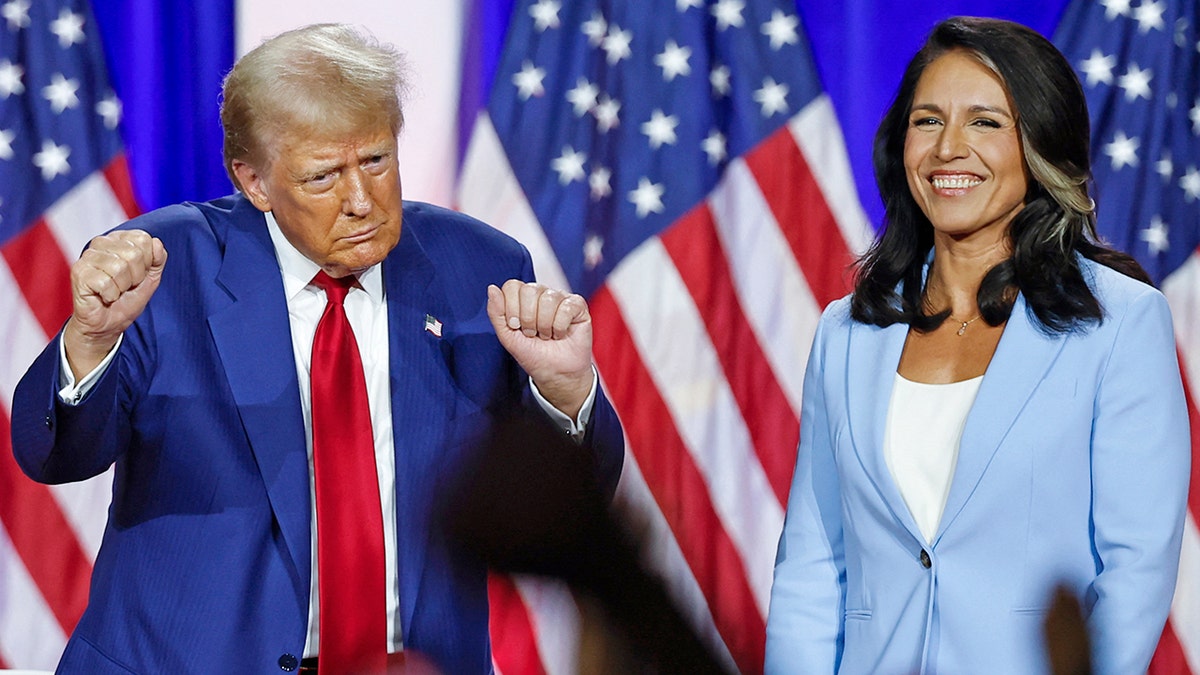
Gabbard's military background, congressional experience, and recent switch to the Republican party were also discussed during the hearing. Her strong stance against military interventionism and her support for Trump in the 2024 presidential election were highlighted.

